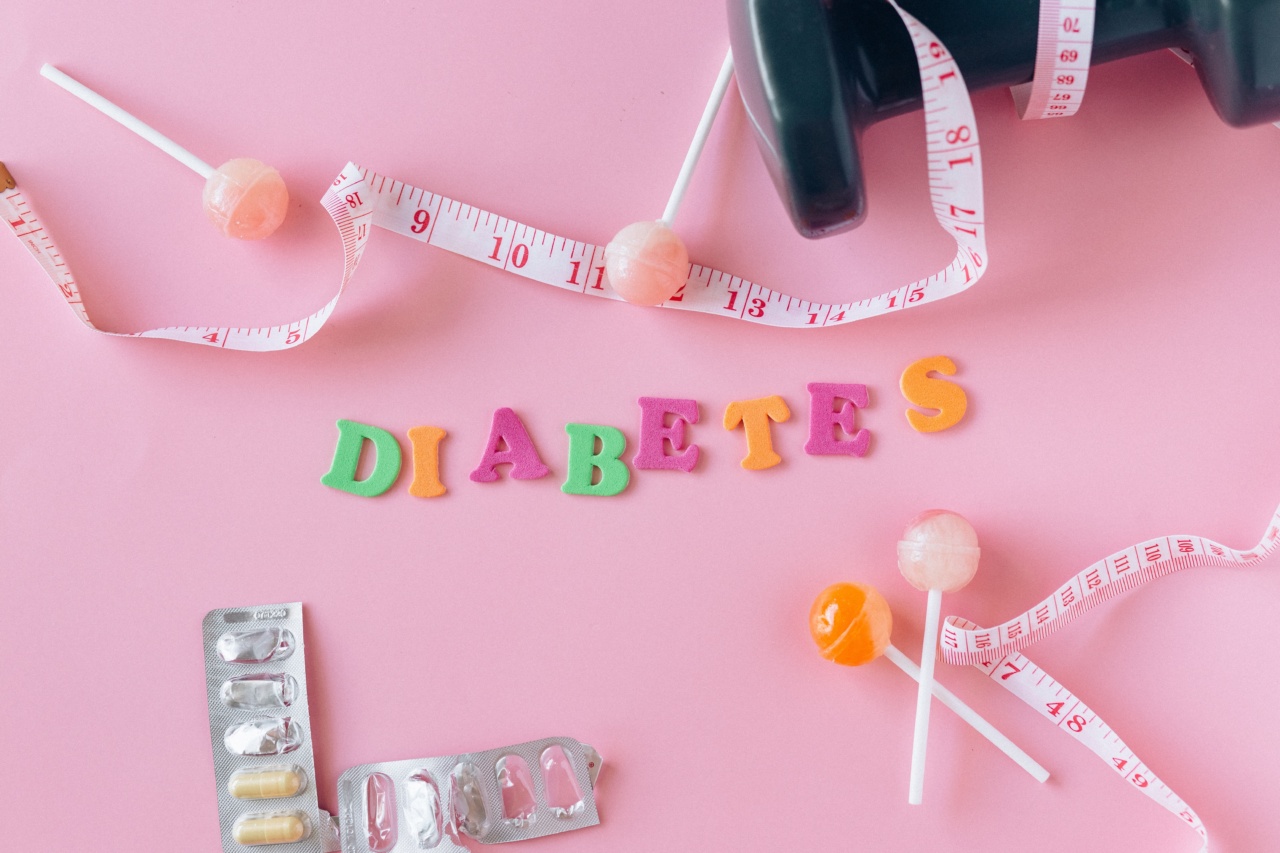Vision loss can deeply impact our quality of life, making it essential for us to take proactive steps in caring for our eyes.
While age, genetics, and certain medical conditions can contribute to vision issues, adopting a healthy diet has been proven to play a significant role in preserving eye health and preventing vision loss. By incorporating a variety of nutrient-rich foods into our daily meals, we can nourish our eyes and maintain optimal vision. In this article, we will explore these essential nutrients and the best food sources to maintain healthy eyesight.
1. Vitamin A and Beta-Carotene
Vitamin A and its precursor, beta-carotene, are crucial for maintaining good vision. Vitamin A helps in the functioning of the retina, a layer of tissue at the back of the eye responsible for transmitting visual information to the brain.
Beta-carotene, found in many colorful fruits and vegetables, can be converted into vitamin A by the body. Include the following foods in your diet to ensure your intake of vitamin A and beta-carotene:.
– Carrots.
– Sweet potatoes.
– Spinach.
– Kale.
– Apricots.
– Mangoes.
– Papaya.
2. Vitamin C
Vitamin C is a powerful antioxidant that helps to protect the eyes against oxidative stress and reduce the risk of cataracts and macular degeneration. Citrus fruits and berries are excellent sources of vitamin C.
Incorporate the following foods into your diet for a healthy dose of vitamin C:.
– Oranges.
– Strawberries.
– Kiwi.
– Bell peppers.
– Broccoli.
– Tomatoes.
3. Vitamin E
Vitamin E, another potent antioxidant, helps to protect cell membranes and prevent oxidative damage to the eyes. It also works synergistically with other antioxidants, such as vitamin C, to enhance their effectiveness.
Ensure an adequate intake of vitamin E by including the following foods in your diet:.
– Almonds.
– Sunflower seeds.
– Spinach.
– Avocado.
– Swiss chard.
– Trout.
4. Omega-3 Fatty Acids
Omega-3 fatty acids are essential fats that play a crucial role in eye health. They contribute to the proper functioning of cell membranes in the eyes and can help prevent dry eyes and macular degeneration.
Incorporate the following sources of omega-3 fatty acids into your meals:.
– Fatty fish (salmon, tuna, sardines).
– Chia seeds.
– Flaxseeds.
– Walnuts.
– Soybeans.
5. Lutein and Zeaxanthin
Lutein and zeaxanthin are antioxidants that accumulate in the eyes, particularly in the retina and lens. They help to filter harmful high-energy blue wavelengths of light and protect against oxidative damage.
Increase your intake of lutein and zeaxanthin with these nutrient-rich foods:.
– Spinach.
– Kale.
– Swiss chard.
– Collard greens.
– Egg yolks.
– Broccoli.
6. Zinc
Zinc is a mineral that plays a vital role in transporting vitamin A from the liver to the retina to produce protective pigment melanin. Adequate zinc levels are necessary for good night vision. Include these zinc-rich foods in your diet:.
– Beef.
– Poultry.
– Oysters.
– Pumpkin seeds.
– Yogurt.
7. Antioxidant-Rich Fruits
Fruits such as berries, particularly blueberries, are packed with antioxidants that help protect the eyes from age-related damage. Consider incorporating the following antioxidant-rich fruits into your diet:.
– Blueberries.
– Blackberries.
– Strawberries.
– Grapes.
– Bilberries.
– Cranberries.
8. Whole Grains
Whole grains maintain stable blood sugar levels, reducing the risk of developing type 2 diabetes, which can lead to diabetic retinopathy—a condition that affects blood vessels in the retina. Opt for the following whole grains in your diet:.
– Brown rice.
– Quinoa.
– Whole wheat.
– Oats.
9. Green Tea
Green tea is a rich source of antioxidants, including flavonoids and catechins, which can protect the eyes from oxidative stress and reduce the risk of glaucoma and other eye diseases.
Brew yourself a cup of green tea to reap its benefits for your eye health.
10. Stay Hydrated
Lastly, it is essential to stay adequately hydrated for overall eye health. Drinking enough water can prevent dry eyes and maintain proper tear production, keeping our eyes moist and comfortable.
By incorporating these nutrient-rich foods into your diet and making healthy lifestyle choices, you can significantly reduce the risk of vision loss and maintain optimal eye health.
Remember, prevention is always better than cure when it comes to our precious eyesight!.





























